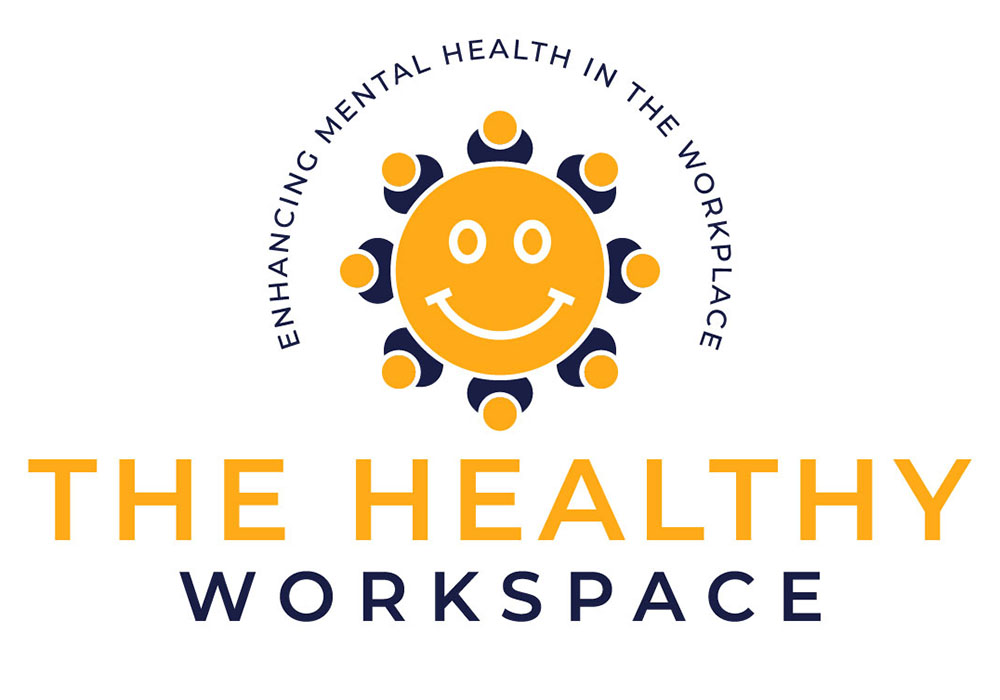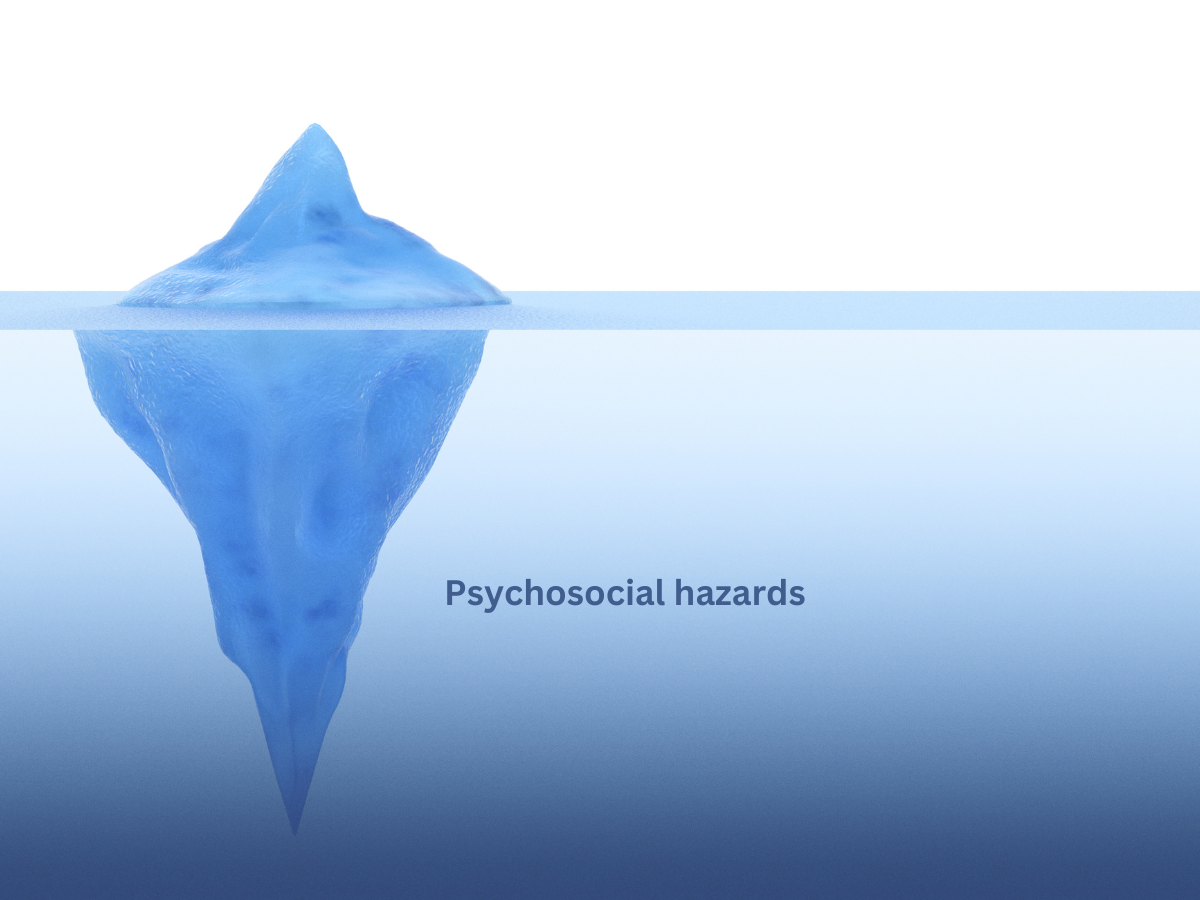
In today’s environment it is not unusual for employees to experience high job demands from their employers. However, when job demands are at such a level that they create constant high levels of stress, when employees feel like their employers expectations are unachievable and when an employee is constantly not meeting the company’s expectations, this may be an indicator that the job demands are unreasonable and exceed a workers level of skill.
High job demands can be exclusively or a combination of physical, emotional or cognitive in nature.
Sustained high workloads, long work hours and being requested to juggle multiple tasks without adequate rest and regularly having tight deadlines can create significant risks.
Example: Paul’s Challenge

Paul has recently completed his engineering degree and is thrilled about starting his first job. While browsing job websites, he finds a company offering roles that truly appeal to him. Although he notices the company doesn’t have the best employee ratings, Paul is eager to gain experience and applies for what he considers his dream job.
About a month into the role, Paul is assigned a major project for an important client. He is surprised by the responsibility, given his junior position, but feels excited and determined to prove himself. However, as Paul begins working on the project, he quickly realises that the tasks are beyond his skill level, causing him to feel overwhelmed. To make matters worse, his new boss continues to assign additional work.
The mounting pressure leaves Paul feeling extremely stressed, and it starts to affect his sleep. He is now considering visiting a doctor to discuss his anxiety and explore medication as a possible solution.
What Contributes to High Job Demands
High job demands can arise from several factors, such as:
- Allocating tasks that go beyond a workers’ skills or capacity.
- Expecting new workers to learn the role within an unreasonable time frame.
- Creating unrealistic deadlines or pressuring employees to work extra hours or during their free time.
- Lack of necessary resources to complete tasks.
- Absences of team members due to illness or leave.
- The requirement to swiftly evaluate complex scenarios and make sound decisions under pressure, typical in medical and law enforcement roles.
Negative Consequences of High Job Demands
- Heightened levels of stress
- Increased risk of anxiety and depression
- Burnout
- Physical health issues such as headaches, stomach aches, and cardiovascular issues
- Reduced productivity
- Higher levels of absenteeism and higher turnover rates
Mitigating High Job Demands
Implementing the following control measures can help reduce the impact of high job demands:
- Ensure workload and deadlines are realistic.
- Check that employees have the required resources to perform their job
- Ensure the work environment is supportive
- Promote a work-life balance approach to work.




